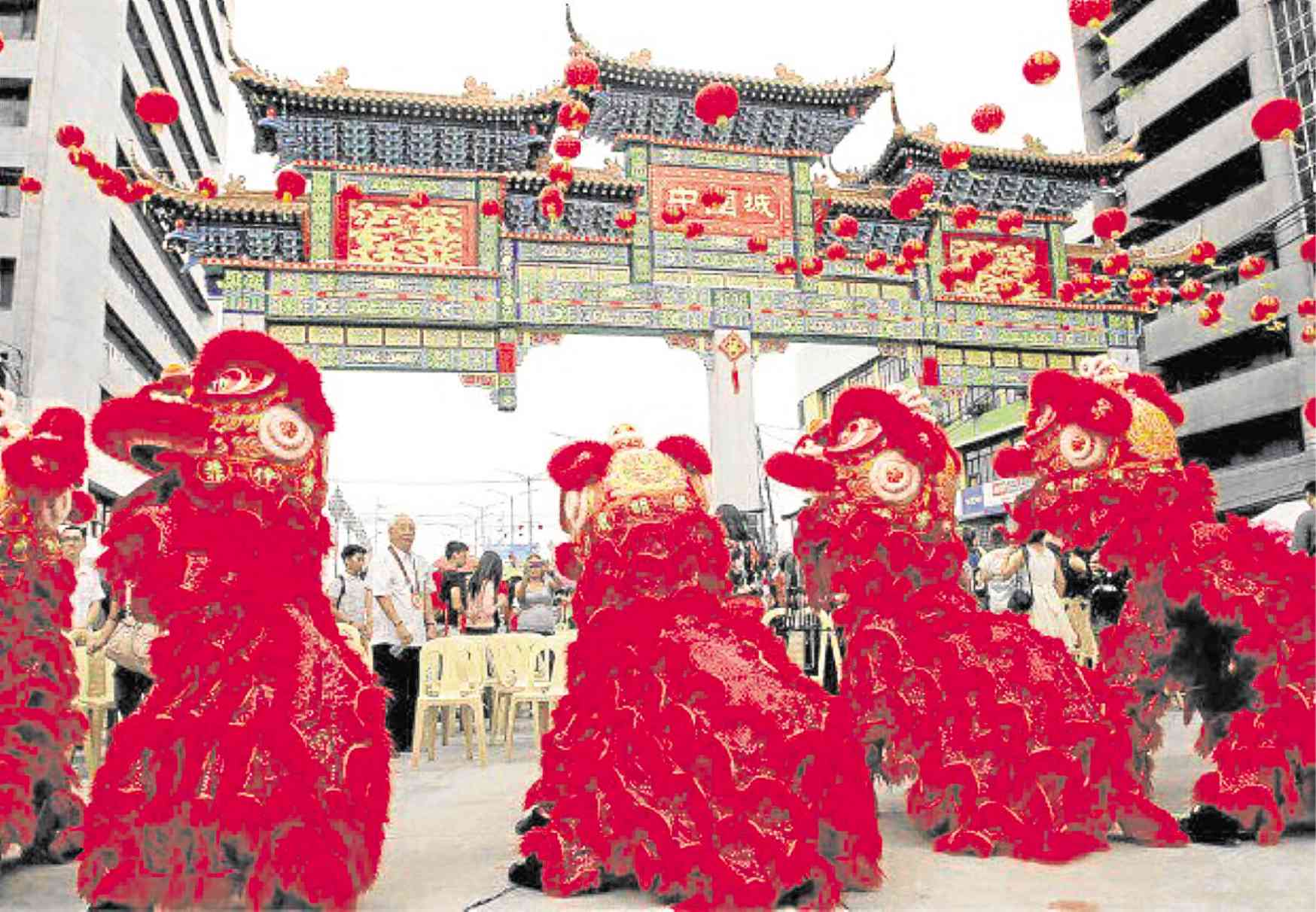Chinatown’s distinct business heritage
Its business heritage could well be unparalleled, having been a hub of trade and commerce centuries back.
Binondo, an old district in Manila that is reputed to be the world’s oldest Chinatown, lends a different kind of business expertise and culture that are widely admired by many today, and which have been shaped over centuries of trade.
It is said that such expertise can be traced back to the time when it was considered as the hub of the Pacific where the beginnings of global commerce took place; when Manila’s Chinatown was established by the Spaniards in 1594 as a settlement for the Catholic Chinese; and when it became the business and financial center in Manila, with one of its streets, Escolta, earning that distinction of being tagged as the “Wall Street of the Philippines” before World War II broke out.
Some of today’s tycoons could, in fact, trace their roots and humble beginnings in either Manila’s Chinatown or in nearby areas, where their skills were honed, given an enabling and conducive environment for entrepreneurs. It is here, in Manila’s Chinatown, that many of these business magnates were able to build their empires.
Manila’s CBD
Article continues after this advertisementAnd today’s no different.
Article continues after this advertisementManila’s Chinatown continues to thrive, abuzz with much economic activities as businesses continue to expand. It has, indeed, remained a hub of trade and commerce despite the rise of new central business districts across key cities in the metro.
The key difference is that Manila’s Chinatown now offers a seamless blend of a rich cultural heritage, of modern times, and of a promising future. And it thus comes as no surprise that it is now being regarded as Manila’s own central business district (CBD), offering a unique flavor, skills sets and distinct expertise to both seasoned and budding entrepreneurs alike.
Revitalization
Today, it is seeing a certain kind of modern, urban revitalization thanks to companies like Anchor Land Holdings Inc., which has long seen, believed in, and appreciated Manila’s dynamic business district.
This upscale developer has long been present in Manila’s Chinatown, bringing with it its distinct brand of luxury residential projects in Binondo. Add to that, it also has warehouses catering to local entrepreneurs.
And since it understood fully well the distinct demands and needs of its discerning clientele from Chinatown, Anchor Land was able to provide modern projects that are tailor made to suit the lifestyle of its residents.
Among its projects include the 56-storey Anchor Skysuites, the world’s tallest Chinatown structure to date. This luxury residential condominium along Ongpin St. caters to Filipino-Chinese businessmen and families. Nearby is the 39-storey Mandarin Square and the 33-storey Lee Tower, a low-density residential condo located along Sabino Padilla Street.
Anchor Land further pioneered high-end residences within Binondo’s Chinese School Belt with Wharton Parksuites on Masangkay Street and Oxford Parksuites on Benavidez Street. The 39-storey Princeview Parksuites along Quintin Paredes Road is located near Escolta’s primary establishments.
It is also expanding its footprint in Binondo with the 63-storey luxury Anchor Grandsuites along Masangkay Street, poised to set another groundbreaking record as the new tallest landmark in all Chinatowns around the world; and the 49-storey Eight Alonzo Parksuites along Alonzo Street.
Clearly, Anchor Land has been a key player in Manila’s Chinatown, not only for enhancing its skyline, but more importantly for helping modernize lifestyles and the way business is done in the area.
